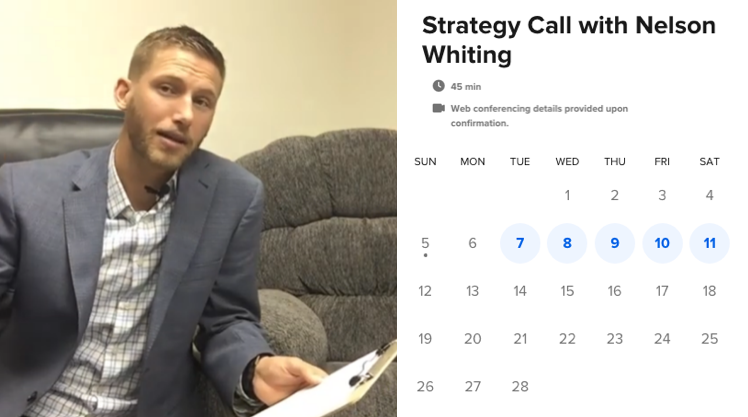Understanding the Effects of Stress on Emotional Health
Stress is an inevitable part of life. While short-term stress can sometimes serve as a motivator, chronic stress poses significant risks to your emotional well-being. Understanding the effects of stress on emotional health is crucial for maintaining a balanced and fulfilling life.
If you’ve ever felt:
- Overwhelmed by daily responsibilities
- Irritable without a clear reason
- Persistent fatigue despite adequate rest
- Difficulty concentrating on tasks
Then stress might be impacting your emotional health more than you realize. Recognizing these signs is the first step toward managing stress effectively.
How Stress Affects Your Emotional Health
Stress influences your emotions, thoughts, and behaviors in profound ways. When faced with stressors, your body’s natural response is to release hormones like cortisol and adrenaline. While these hormones are essential for short-term responses, prolonged exposure can disrupt your emotional equilibrium.

1. Increased Anxiety and Worry
Chronic stress often leads to heightened anxiety levels. The constant activation of the body’s stress response can make you feel perpetually on edge, leading to excessive worry about everyday situations. This state of heightened alertness can be exhausting and detrimental to your overall well-being.
2. Mood Swings and Irritability
Stress can cause significant mood fluctuations. You might find yourself becoming easily frustrated or angered by minor inconveniences. This irritability can strain relationships and create additional stress, perpetuating a vicious cycle.
3. Feelings of Sadness or Depression
Extended periods of stress can contribute to feelings of sadness or even clinical depression. The overwhelming nature of chronic stress can lead to a sense of hopelessness, making it challenging to find joy in activities you once enjoyed.
4. Cognitive Impairments
Stress affects cognitive functions such as memory, attention, and decision-making. You may experience forgetfulness, difficulty concentrating, or indecisiveness, which can impact both personal and professional aspects of your life.
Physical Manifestations of Emotional Stress
The effects of stress on emotional health are not limited to psychological symptoms; they often manifest physically as well. Recognizing these physical signs can help in identifying and addressing underlying stress.
1. Sleep Disturbances
Stress can lead to insomnia or restless sleep, leaving you feeling fatigued and exacerbating emotional instability. A lack of restorative sleep impairs your ability to cope with stress, creating a detrimental feedback loop.
2. Changes in Appetite
Some individuals may experience a loss of appetite, while others might engage in emotional eating as a coping mechanism. These changes can lead to weight fluctuations and associated health concerns.
3. Physical Aches and Pains
Muscle tension, headaches, and stomach issues are common physical manifestations of emotional stress. These symptoms can further contribute to emotional distress, emphasizing the interconnectedness of mind and body.
Book a free strategy call today to see how Hypnotherapy can help now.

Long-Term Consequences of Unmanaged Stress
Ignoring the effects of stress on emotional health can lead to more severe mental health conditions. According to the American Psychological Association, chronic stress is linked to the development of anxiety disorders, depression, and substance abuse. Additionally, prolonged stress can weaken the immune system, increasing susceptibility to illnesses.
A study published in Frontiers in Psychology found a significant correlation between academic stress and poor mental well-being among college students, highlighting the pervasive impact of stress across various demographics.
Strategies to Mitigate the Effects of Stress on Emotional Health
Addressing stress proactively can prevent its detrimental impact on your emotional well-being. Here are some effective strategies:
1. Mindfulness and Relaxation Techniques
Practices such as meditation, deep-breathing exercises, and yoga can activate the body’s relaxation response, reducing stress hormone levels and promoting emotional balance.
2. Regular Physical Activity
Engaging in regular exercise releases endorphins, natural mood enhancers that combat stress. Physical activity also improves sleep quality and boosts self-esteem.
3. Establishing a Support Network
Connecting with friends, family, or support groups provides an outlet for expressing feelings and gaining perspective. Social support has been shown to buffer against the negative effects of stress.
4. Time Management
Organizing tasks, setting priorities, and delegating responsibilities can reduce feelings of overwhelm and increase a sense of control over your environment.
5. Seeking Professional Help
If stress becomes unmanageable, consulting with a mental health professional can provide tailored strategies and interventions to address your specific needs.

The Role of Hypnotherapy in Stress Management
Hypnotherapy offers a unique approach to managing stress by accessing the subconscious mind to alter negative thought patterns and responses. Through guided relaxation and focused attention, hypnotherapy can help:
- Identify and address underlying causes of stress
- Develop healthier coping mechanisms
- Enhance relaxation and reduce anxiety
- Improve sleep quality
By integrating hypnotherapy into your stress management plan, you can experience profound improvements in your emotional health.
Take the First Step Toward Emotional Well-being
Understanding the effects of stress on emotional health is vital for leading a balanced and fulfilling life. If stress has overwhelmed you, it’s time to take proactive steps toward managing it effectively.
Then book a free strategy call today to see how Hypnotherapy can help now.












